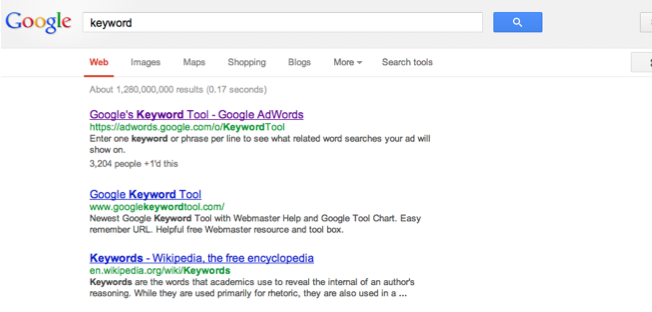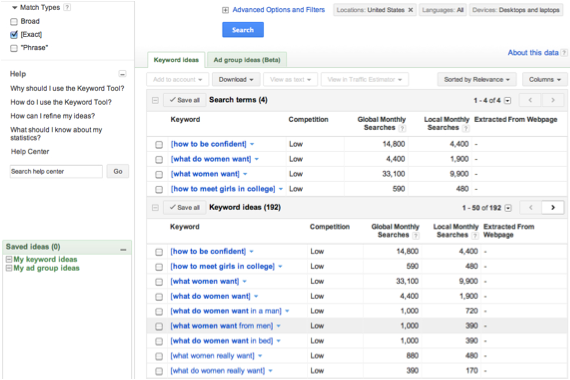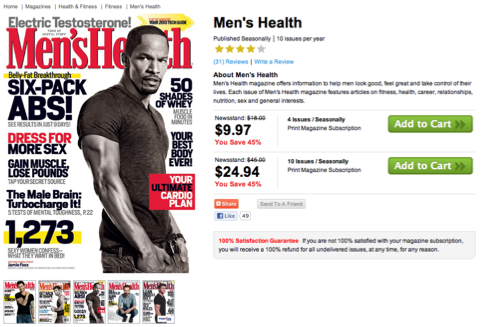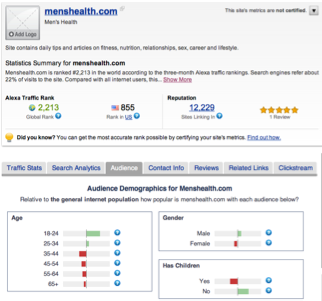How to find a BADASS Digital Info Market That Siphons Cash Like a %$@# Pump.
Holy cat livers batman!
By Devon Dudeman on May 15, 2013 10:29 pm
Selecting a profitable niche is one of the first things you have to do when you're first starting out with a digital marketing project. All too often, I've seen people underestimate how important this part really is.
Well, in this article, I'm going to walk you through the niche selection process.
It's important to remember that people consume what they want to consume, not what you think they should consume.
This is a blatant fact and you need to accept it whether you like it or not. Trying to make people do something that you think they “should” do or “need” to do is a really bad idea and will make you fail faster than you can say, “holy moly Nostradamus”.
So how do you figure out what people want? More importantly, how do you figure out what YOUR people want? There are a few ways that you can do this, and I’ll explain in the following paragraphs.
One of the easiest ways to figure out what niches you can possibly consider is to exploit your experience. What do I mean when I say this? I mean that you need to look into yourself to find that answer. So grab a piece of paper, and do a little bit of soul searching.
What experiences have you had in life?
What have you overcome?
What are you good at?
What certifications or degrees do you have?
What do you like to do? What are you interested in doing or being?
Write it all down and be brutally honest with yourself. Take your time and keep it real. The end result should look something like the picture below...

Now that you have that done, go on over to the Google Keyword Tool and sign into your account if you have one. If you don’t have one, no need to worry, you’ll just have to deal with the little spam filter captcha.
Be sure to click on the [Exact] match type setting and only use that setting. Next, think of keywords and keyphrases that people in your niche market might search for.

Try to put yourself in the prospective customer’s perspective and focus on desperate queries. You want to find low competition keywords and keyphrases that have between 1,000 and 10,000 local monthly searches.
This means that there are not too many other marketers targeting these phrases for their own advertising or content, and that lots of people are looking for answers using those queries. Your research will be more accurate too, and accuracy is very important.
Health, Wealth, and Relationships are the three biggest markets in the digital marketplace. Remember that these are markets, not niches. Your niche will be a small segment within a market.
In this example, we’re going to target men and see how badly they want to understand women. So I’m going to type in a bunch of queries that a young man might look for regarding women. The picture below shows the results of my search...

As you can see, there are some good key phrases here such as “how to be confident” and “what do women want." As men, we’re always trying to impress the ladies, aren’t we?
Women might search for ways to be confident, but more often than not, it’s men that work on confidence while women work on charm.
You can play around with this tool and find some more keywords and key phrases. I like to base my content around search terms that my audience is looking for, and so should you. We’re not done, we want to use a few other tools to see what people are looking for. Next up, we're going to look at Magazines and Alexa.
The Magazine industry is on it’s way out just like the Newspaper industry. Since digital media is replacing print media, both of these industries have had to adapt to survive. So what relevance does this have with our market research? In a word: everything!
Since magazines are fighting for their survival, they need to be on top of their game and relentless in their efforts to please their audience. Browsing the content of a magazine is a great way to see what is hot and trendy within your prospective market sector.
Studying the copywriting of a magazine is a great way to see what is converting well for your target audience.
So go on over to Magazine’s website and take a look around. If there is a magazine for the niche that you have in mind, then that’s a great indicator that your niche is in high demand. Men’s Health is a magazine that focuses on the top three markets of health, wealth, and relationships, but is written for men obviously.

Look at the headlines on this magazine. If you’re a guy, then it’s likely that these will grab your attention and be of interest to you. We’ll come back to this resource later when you start to produce content, but for now, we know that we’re on to something here.
Next, you’ll want to see if there are forums and blogs dedicated to the niche that you have in mind. Go back to Google and search for “key phrase + blog” or “key phrase + forum”. See what comes up. If there are blogs available, take a look at the content and be mindful of how good it is. The sites you find will be that of your competition, but they might be future allies too.
Take note of a few things when you look at one of these sites. Try to figure out how many subscribers there are, how many posts there are, whether or not there is engagement within the blog, and any other indicators that tell you that people are consuming this media. Using the example of “what do women want + blog”, I found a website called “The Manual”, by a W. Anton. By the way, that’s a pen name if I ever saw one.
Upon observation, it seems like this guy has his shit together, and there are signs that there is engagement around the site as well. I also found a few forums on dating and relationships. I didn't find any that seemed really busy, but you can still get a feel for what your audience is looking for. On that note, pay attention to threads, and what kinds of topics are being talked about within those forums.
Anyway, the only one I found that dealt with confidence was a psychology forum, so that might not be a good fit for us here. Still, you might look around and see what threads are really popular and use that for inspiration. After all, it won’t be long until you are generating content, and the most popular threads can make for amazing articles. Articles that can be recycled into videos, books, slideshows, and much more.
Finally, you’ll want to take a look at Alexa and see what the demographics are for the websites that your audience might look at frequently. Type in the URLS of the sites you’ve researched and press “search”. Then, when it shows you the site information for that URL, click on “get details”, then scroll down to where it says “audience” and click on that tab.
It will then show you the ages, gender, and education of the audience looking at the website you’re researching. If you sign up and install the Alexa Toolbar, you can also get ethnographic data such as income, ethnicity, location, and household size.
As you can see, the website for Men’s Health is visited frequently by men between the ages of 18 and 24, have no children, browse at school, and have a college education. It’s easy to surmise that college boys are looking at the site while on campus. Bingo.

We’re definitely on to something here, and I hope you can see how I tied all of this together. I hate doing research myself, but it is a necessary thing to do. If you were thinking about catering to young men about a niche within health or relationships, then you can see that I’ve already done some of the research for you.
If you follow the formula outlined within this article, then it should be much easier to find a profitable niche that you will enjoy pursuing. If you have any thoughts or comments, feel free to leave them down below.
Want more stuff? Check me out at http://devondudeman.info/
|



